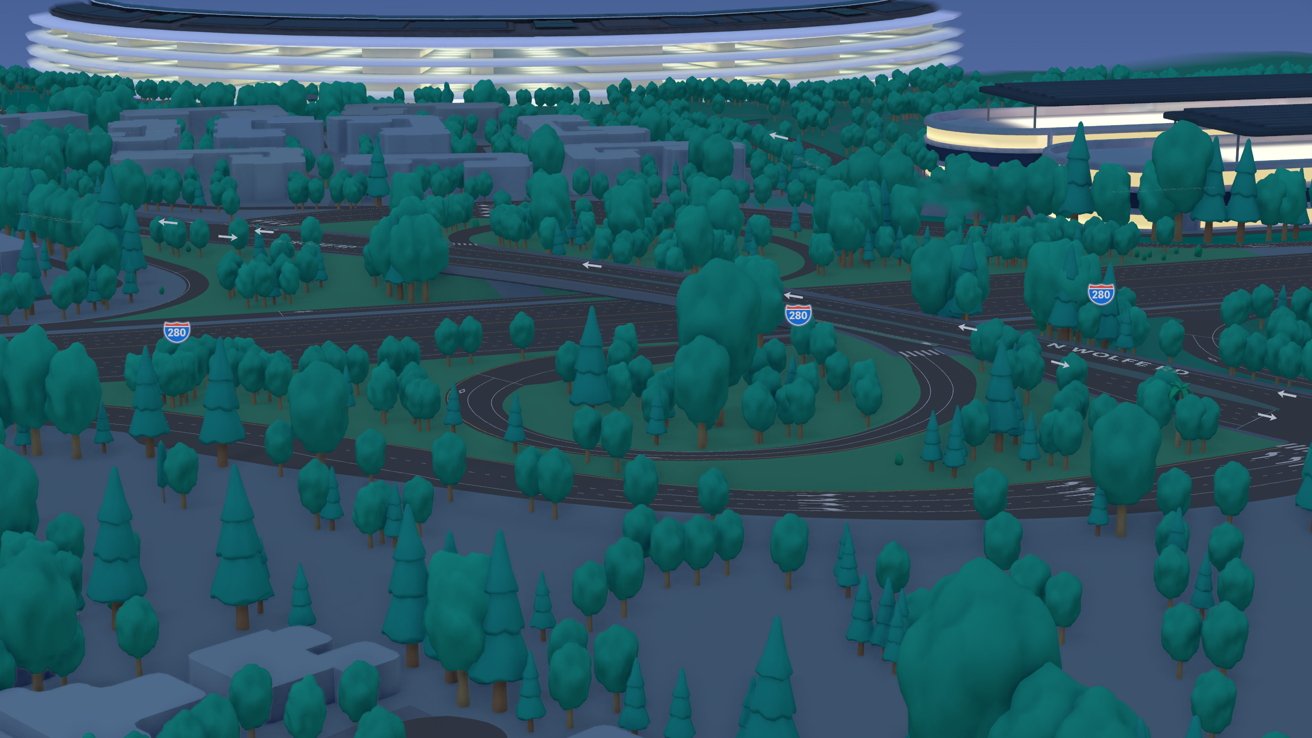Apple sat at a crossroads of indecision that led to Project Titan's slow death
A detailed report on Apple's decade of Apple Car development reveals five ditched concepts, hubris, and executive failings.
Analysts will no doubt examine Apple's worst-kept secret, Project Titan, for years. With every new report, tidbits emerge that were forgotten with time or never shared outside of closed doors.
The latest story from Bloomberg paints a bleak picture of indecision that ultimately led to the demise of Apple Car and Project Titan. In the decade since 2014, Apple has spent an estimated $10 billion on the project and produced at least five prototypes.
The most interesting takeaway from this winding history is Apple's various design targets. Prototypes included Jony Ive's so-called "Bread Loaf" with club seating, Kevin Lynch's "I-Beam" which lacked a windshield, and the uninspired final prototype that could have passed for a Tesla.
The Bread Loaf would have had Level 5 autonomy. It lacked a steering wheel and had a video game control pad in case the rider needed to take control. It was basically a minivan with a glass roof, whitewall tires, and sliding doors.
The I-Beam was a symmetrical pill-shaped nightmare that lacked front or rear windows. It isn't clear how a rider would take control without seeing out of the front end.
Every prototype that came and went saw multiple redesigns and feature changes, but nothing ever made it to the production stage.
Executives at the top would veto any requests from employees who wanted to scale back the project. An unnamed Apple executive is quoted as saying, "you could have done this 10 years ago" after a recent version included pedals and a steering wheel.
With the end of Project Titan, the 2,000 or so employees face reassignment or layoffs. Many are said to be relocating to Apple's ambitious AI initiatives, which are expected to surface later in 2024.
 Wesley Hilliard
Wesley Hilliard











 Mike Wuerthele
Mike Wuerthele

 Malcolm Owen
Malcolm Owen
 Chip Loder
Chip Loder

 William Gallagher
William Gallagher
 Christine McKee
Christine McKee
 Michael Stroup
Michael Stroup







